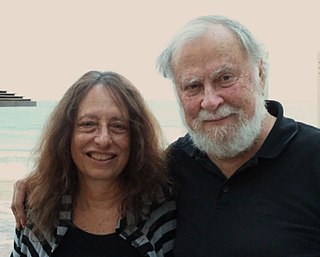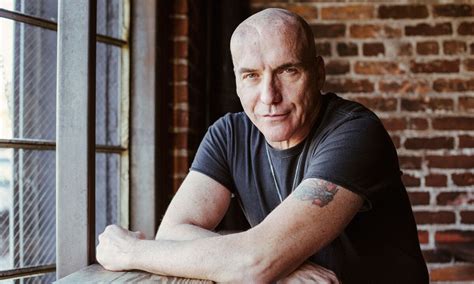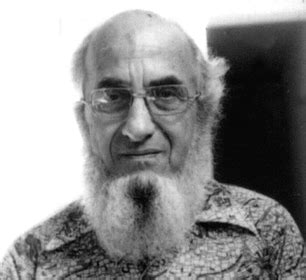A Quote by Martin Luther King, Jr.
I would suffer all the humiliation, all the torture, the absolute ostracism and even death, to prevent violence
Related Quotes
It takes courage to have a conscience when you seem to see others getting something tangible out of not bothering to struggle with the morality of a situation. It gets frustrating and demoralizing. This is precisely where character comes in. All throughout history special people have felt compelled to do what they objectively saw as right and good - even in the face of humiliation or rejection or expulsion or torture or death. That is because they believed that certain ideas were more important than individual well-being.
The Auschwitz praxis was based on a new principle: for one portion of mankind, existence itself is a crime, punishable by humiliation, torture, and death. And the new world produced by this praxis included two kinds of inhabitants, those who were given the "punishment" and those who administered it.
We tend to suffer from the illusion that we are capable of dying for a belief or theory. What Hagakure is insisting is that even in merciless death, a futile death that knows neither flower nor fruit has dignity as the death of a human being. If we value so highly the dignity of life, how can we not also value the dignity of death? No death may be called futile.










































